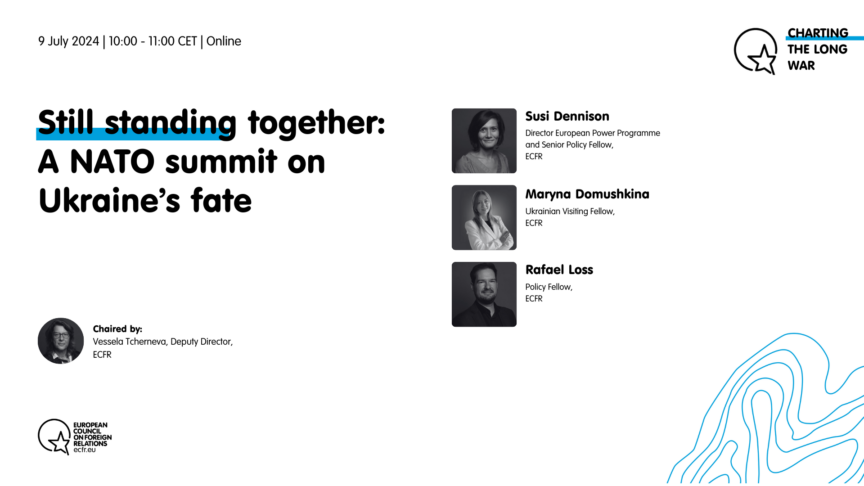
Still standing together: A NATO summit on Ukraine’s fate
As leaders are about to take pivotal decisions for Ukraine’s fate at the NATO summit, join us for a discussion about pathways and policy options for…

As leaders are about to take pivotal decisions for Ukraine’s fate at the NATO summit, join us for a discussion about pathways and policy options for…
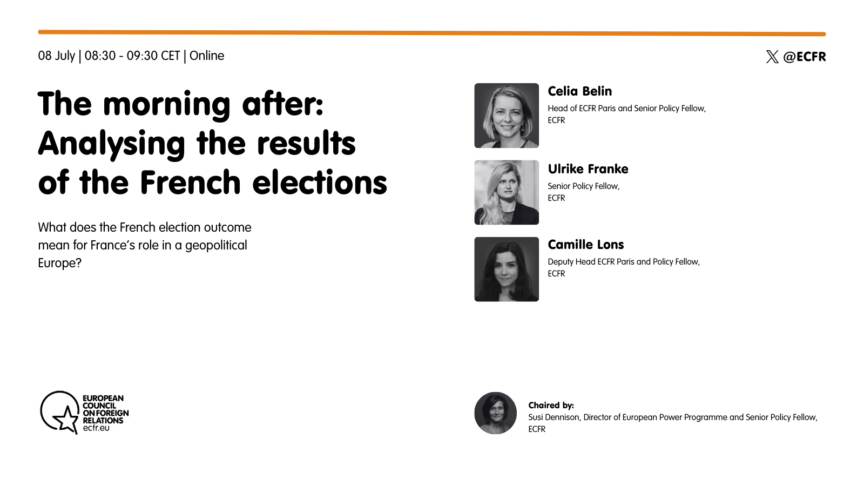
As France discovers the new making of its national assembly, this webinar will analyse the election results and reflect on their impact on a geopolitical…
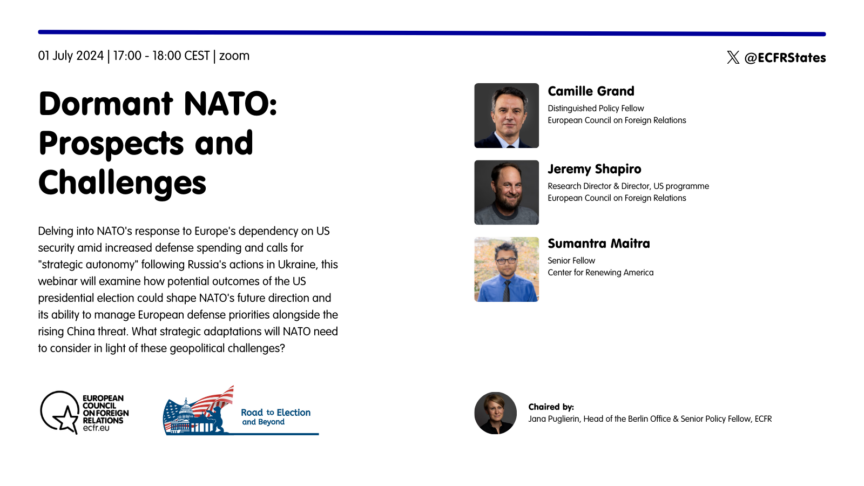
Russia’s war against Ukraine has shown how much the Europeans are still dependent on the US to ensure their security, despite all the talk of…
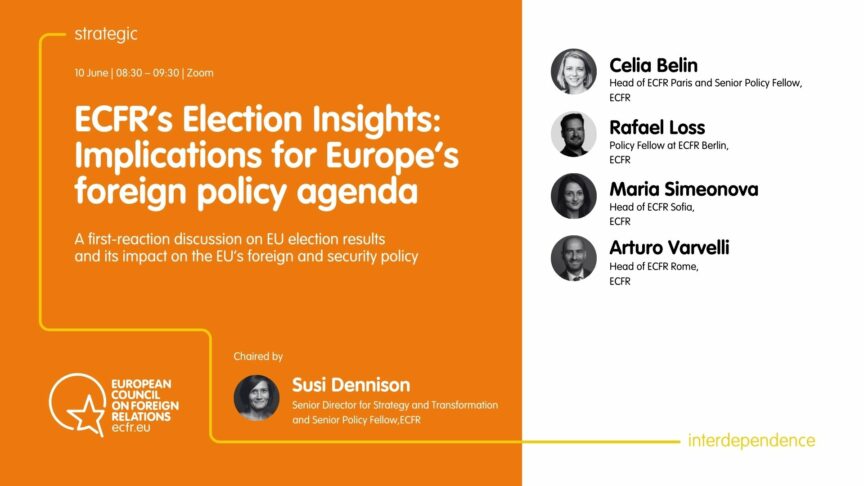
This webinar will provide a snapshot analysis of election results and their implications for Europe’s foreign policy and security agenda. Featuring perspectives from selected ECFR…
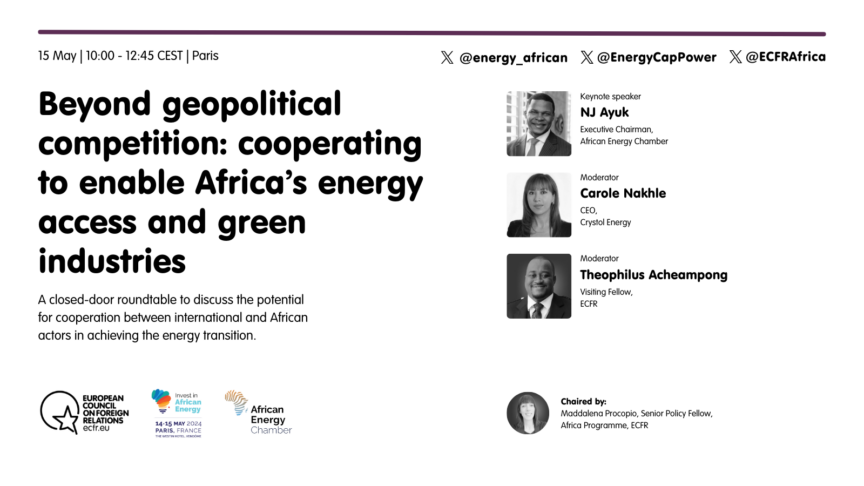
The global energy transition has become a battleground for competing interests, with Africa emerging as a pivotal arena. International players vie for access to Africa’s…
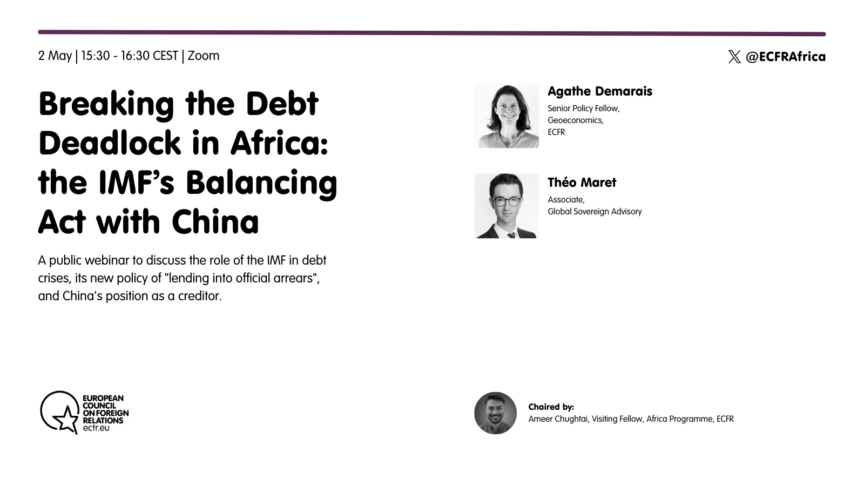
The economic shock after COVID-19 plunged many African economies into debt trouble. Yet, four years later, the current system for restructuring debts – the G20 Common…
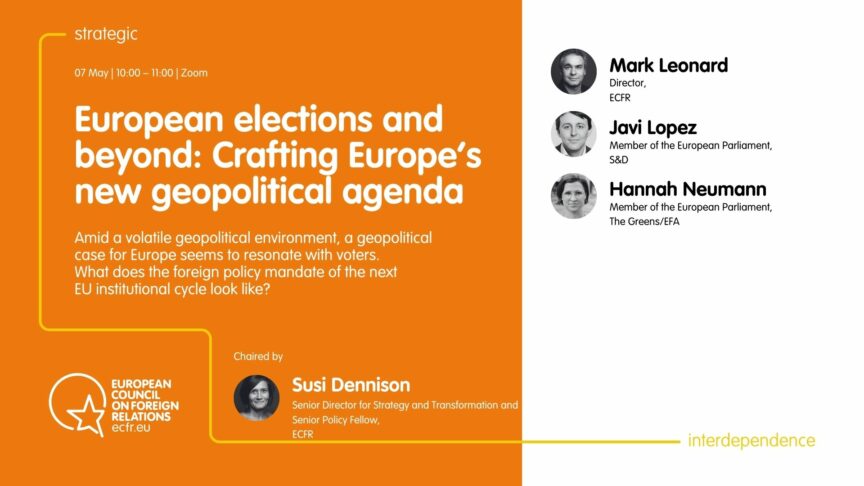
Amid a volatile geopolitical environment, ECFR’s recent public opinion poll ahead of the European elections shows that a geopolitical case for Europe resonates with voters,…
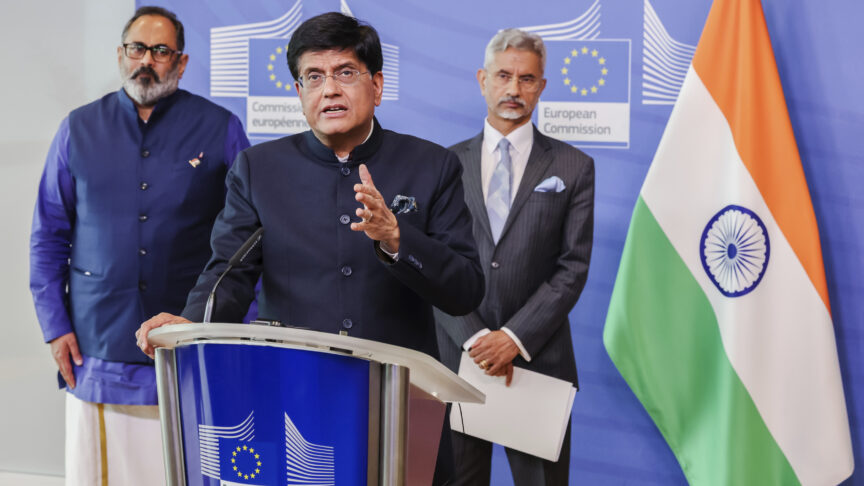
India’s tough stance at the World Trade Organisation’s ministerial conference in Abu Dhabi illustrates emerging economies’ rising resentment towards EU trade policies
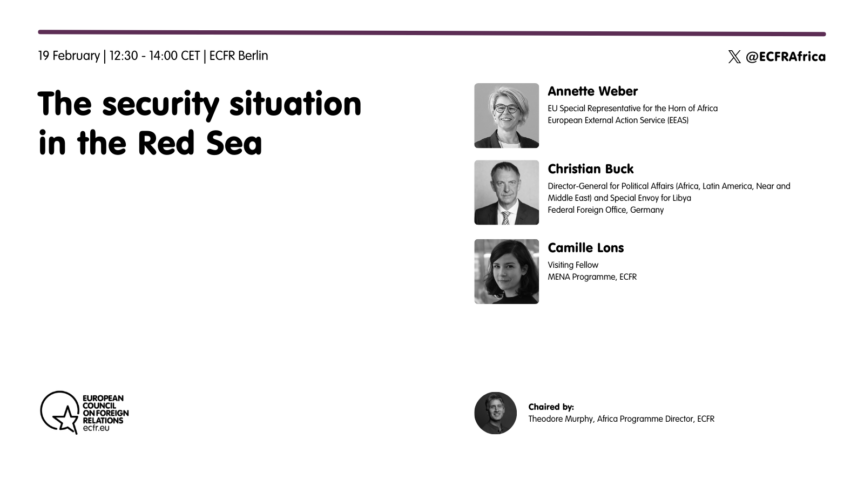
In 2020, the covid-19 pandemic laid bare the vulnerability of global sea trade to external shocks. A year later, the Suez Canal blockage sounded the alarm on…
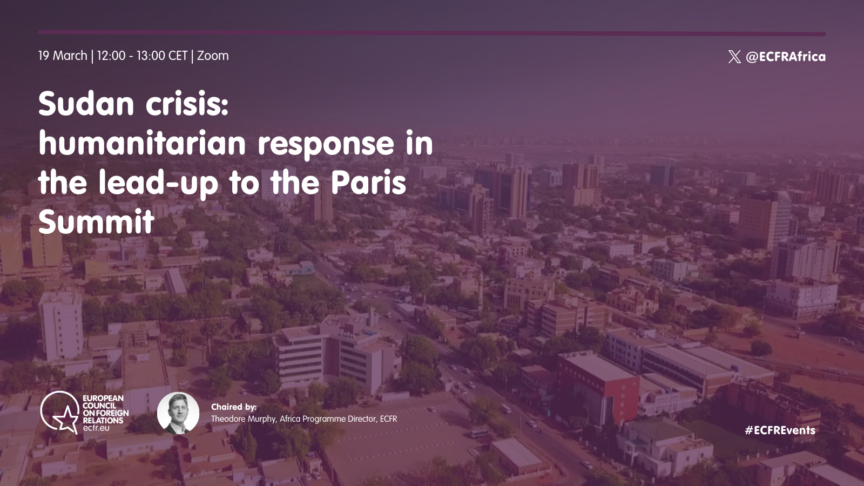
Sudan is facing an unprecedented humanitarian catastrophe. Ethnic killing plagues Darfur once again, millions have been displaced, and now a famine is looming. The fighting…
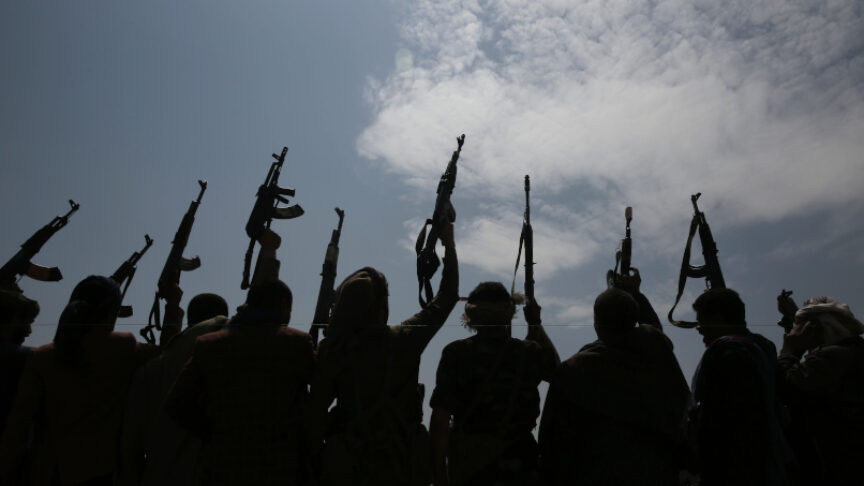
European states should now increase conditional engagement with the Houthis, looking to widen political and humanitarian space on the ground
The tragedy of Libya in well known in outline but poorly known in detail – to many in Europe, that is. But Europe has a role in the country’s stabilisation
France sees the MENA region as a state for foreign policy and great power politics and an opportunity to shape global politics and punch above its weight
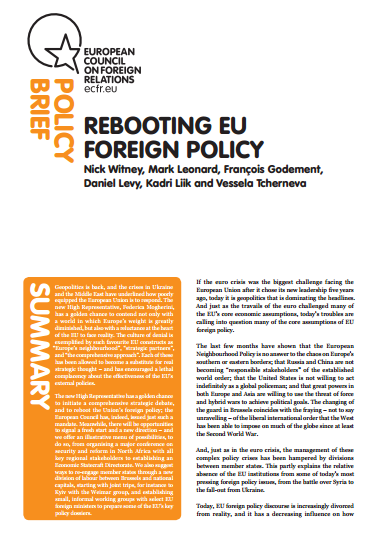
The EU is ill-equipped to respond to foreign policy crises
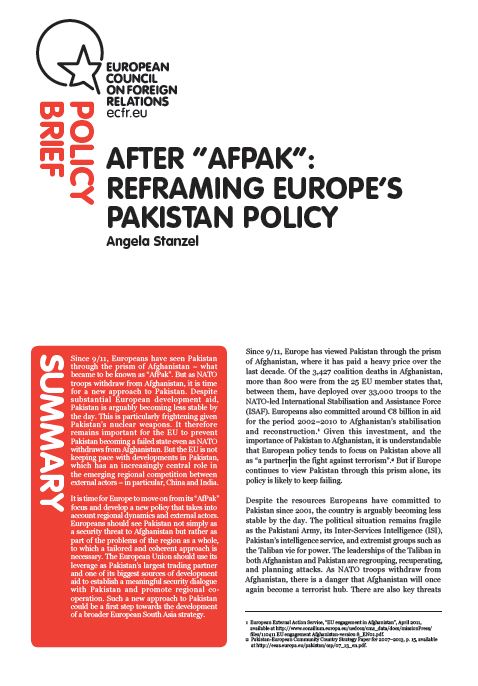
Time for a new approach that takes into account other regional dynamics
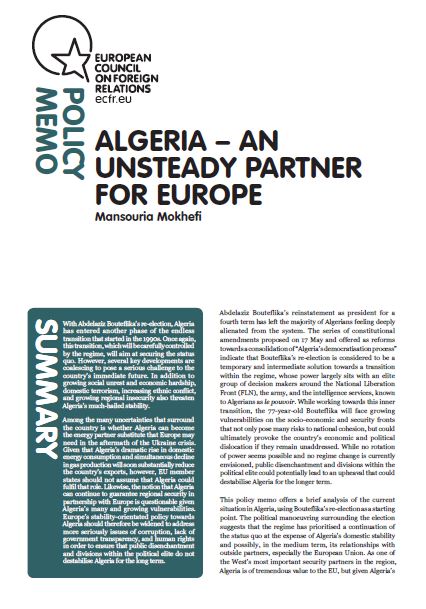
EU approach to Algeria neglects long-term domestic stability
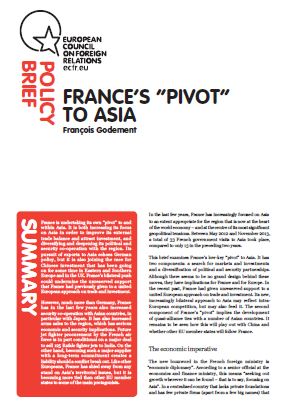
France looks beyond China towards new partners in Asia
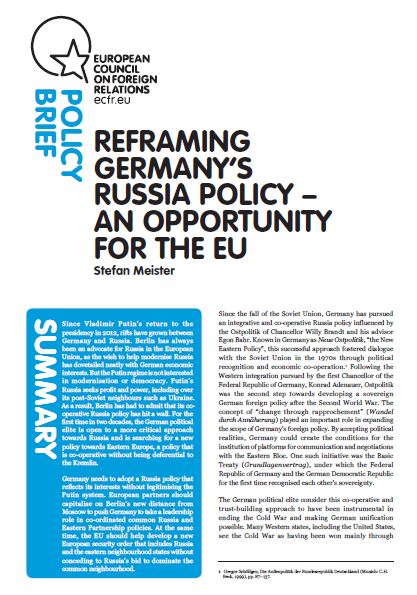
Ukraine crisis shows Berlin’s Russia policy is out of date
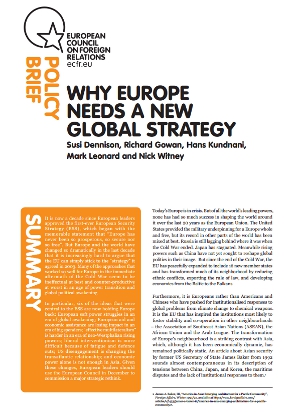
Towards a new EU foreign policy
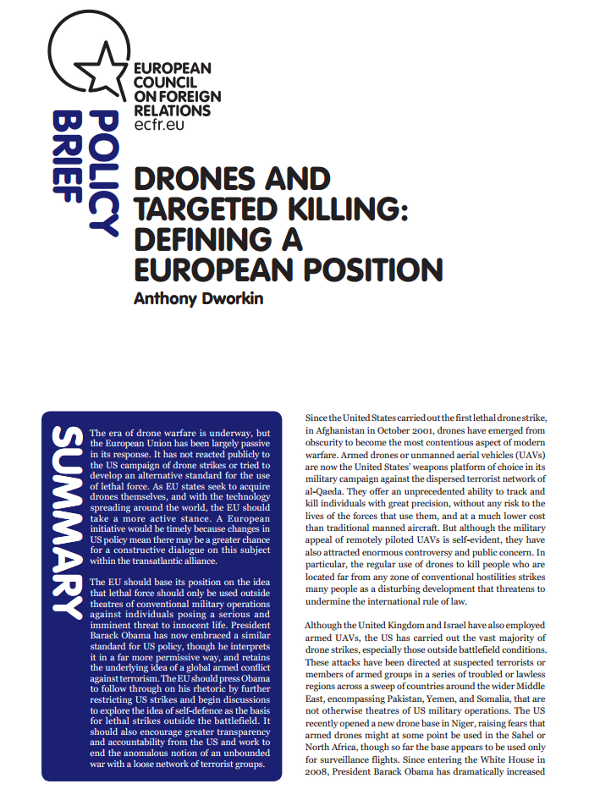
What Europe needs to do

India’s tough stance at the World Trade Organisation’s ministerial conference in Abu Dhabi illustrates emerging economies’ rising resentment towards EU trade policies
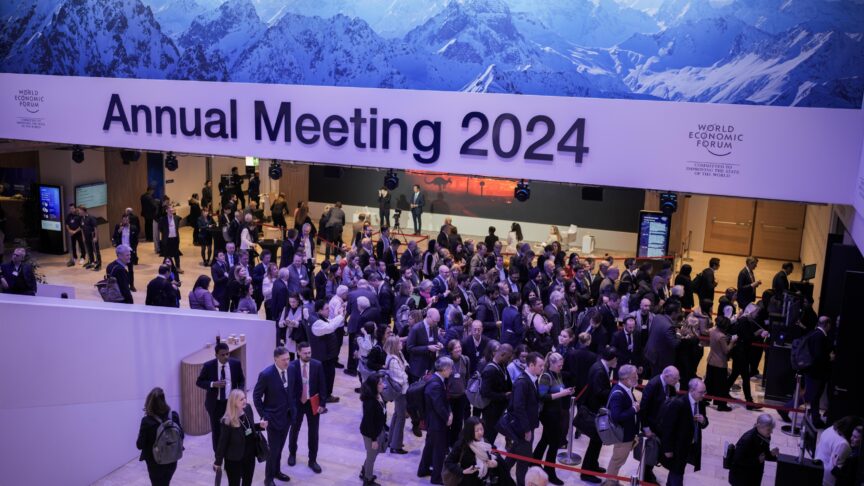
Today’s global crises are not only competing for policymakers’ finite attention, they are increasingly feeding one another in unpredictable ways. Add the uncertainty around this year’s high-stakes elections in the US and elsewhere, and you have a recipe for a Davos meeting defined by angst and paralysis
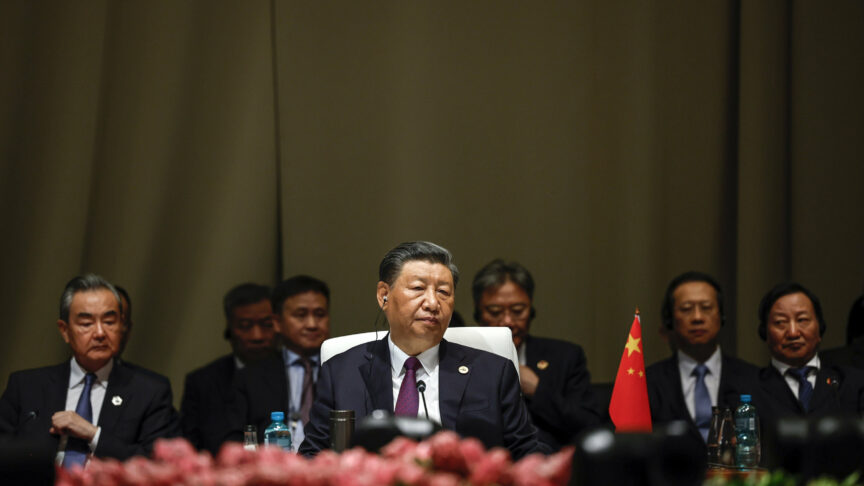
Contrary to how it may appear to many, not least in the US, the new cold war seems to be based not on the old logic of polarisation, but on a new logic of fragmentation. Judging by the growth of the BRICS group of major emerging economies, there is no shortage of countries that find that new logic enticing
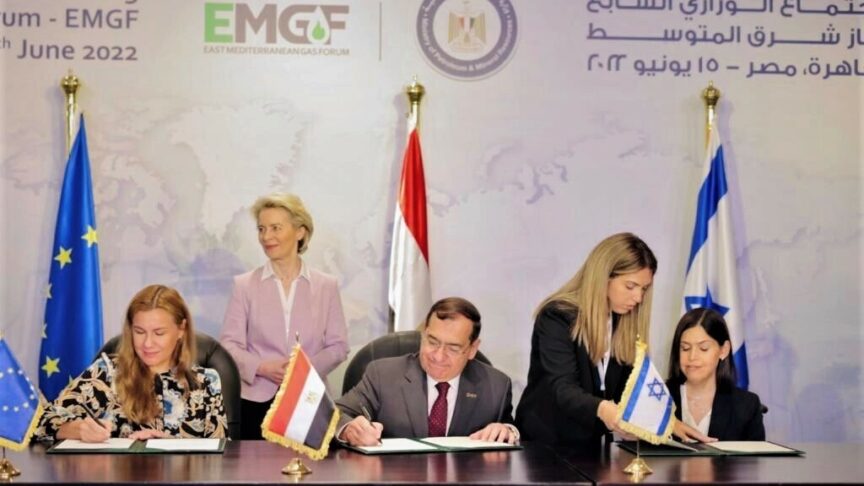
The war in Ukraine has forced Europeans to keep the lights on through adopting a far more strategic approach to their energy security. ECFR’s Energy Deals Tracker has monitored the success of the EU’s energy diversification – and identifies challenges ahead
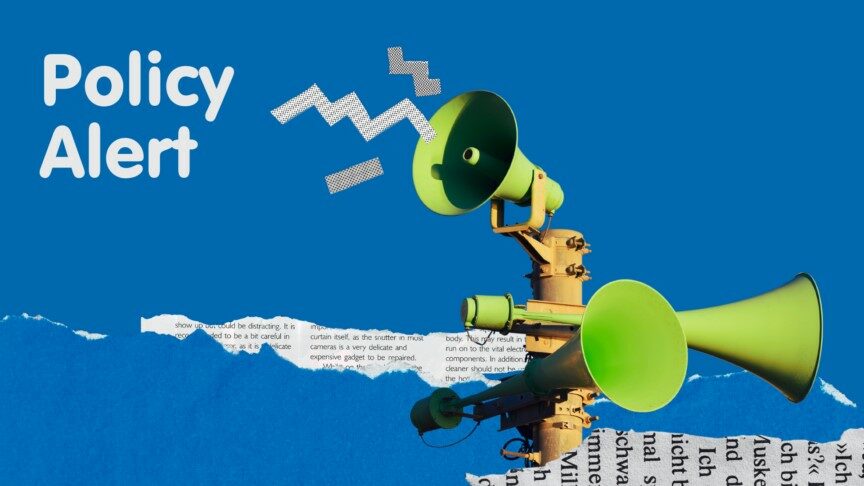
The EU and its member states have not kept pace with China’s advancing investment in global south states. Leaders’ messages from this year’s BRICS summit should prompt Europeans to upgrade their offer
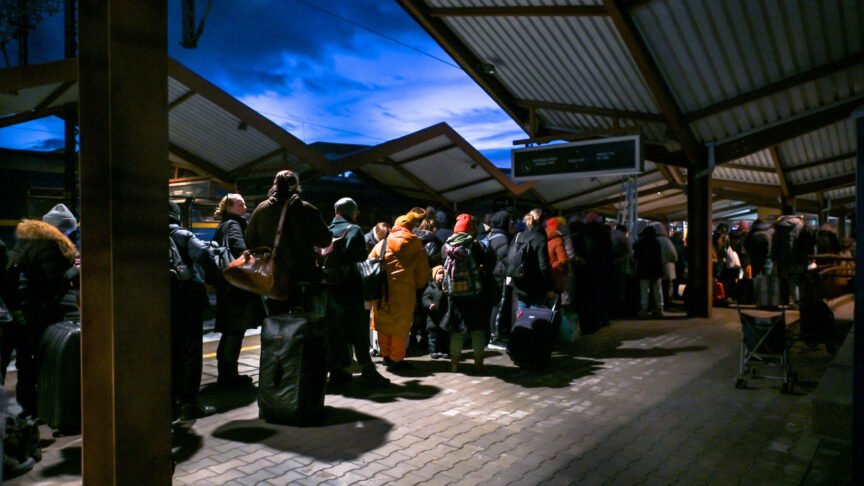
Europe’s response to Ukrainian migration has shown the benefits of a humane approach towards refugees. It should set a precedent for a more compassionate European migration policy

Italy’s membership of the BRI risks harming its relations with G7 partners. It is time for it to carefully disentangle itself from the initiative
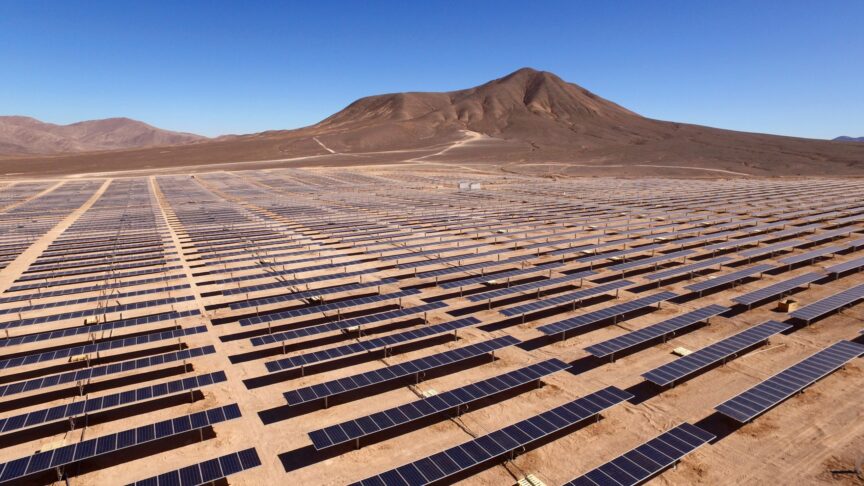
To propel the green transition, the EU and its member states need to intensify their ‘friend-shoring’ with non-rivals in the global south. Three promising areas are critical raw materials, sustainable agriculture, and mature renewables technology
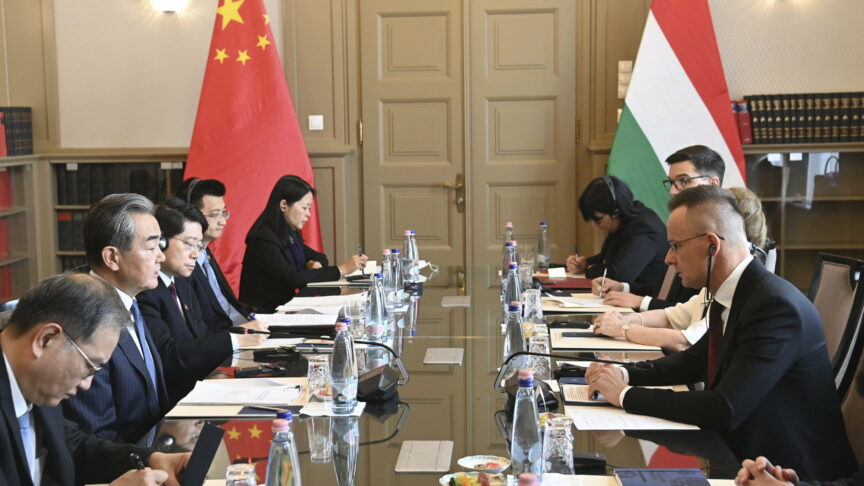
Against the backdrop of the US-China rivalry, it is tempting to ignore recent strategy changes by smaller players like Canada and Hungary. But these two countries offer radically different models for other countries to consider as they navigate an increasingly fraught geopolitical terrain

Quran desecration in Sweden and Denmark has drawn the ire of Muslim-majority countries. European governments should act now to prevent an escalation of tensions
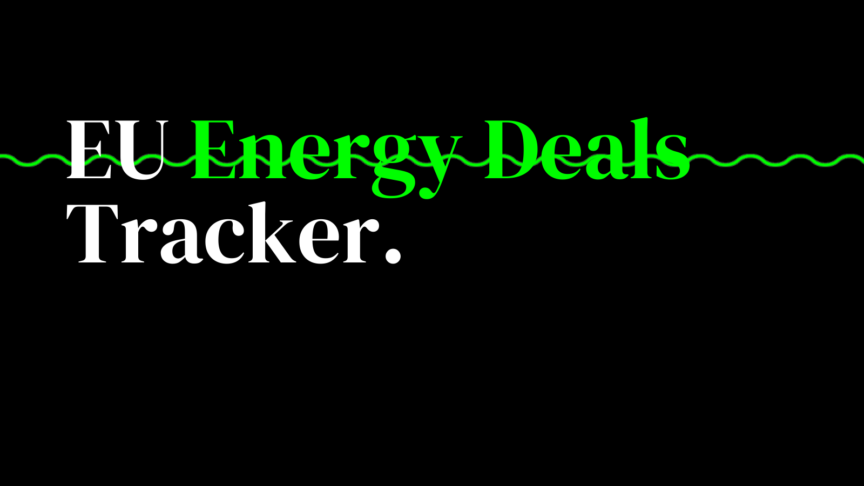
The energy deals the EU and its member states are now making with third countries will shape Europeans’ ability to protect their energy security in the long term. The EU Energy Deals Tracker provides a comprehensive overview of these agreements, including their implications for the sustainable transition
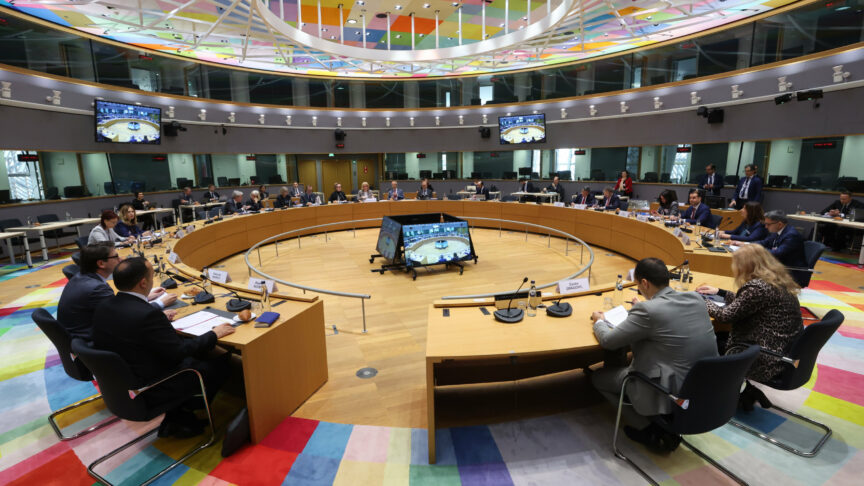
Mark Leonard is joined by Ayse Zarakol, author of the book: “Before the West: The Rise and Fall of Eastern World Order”
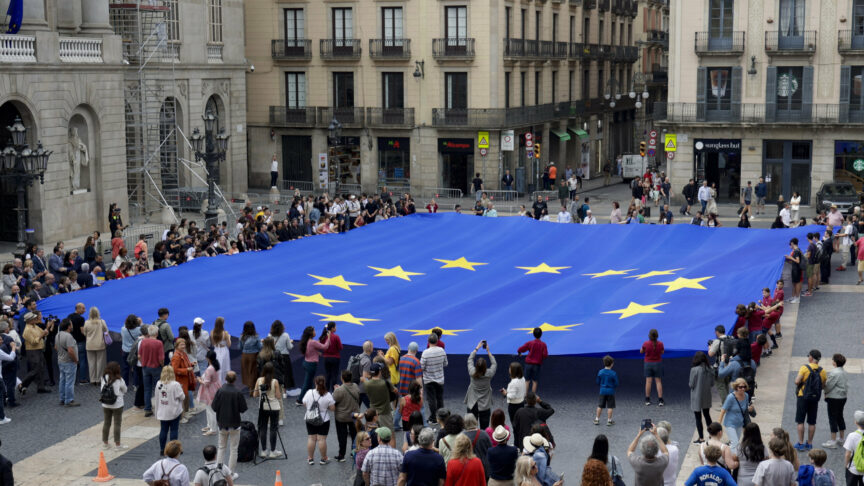
Mark Leonard welcomes the heads of ECFR’s national offices to discuss key players outside the traditional halls of European power
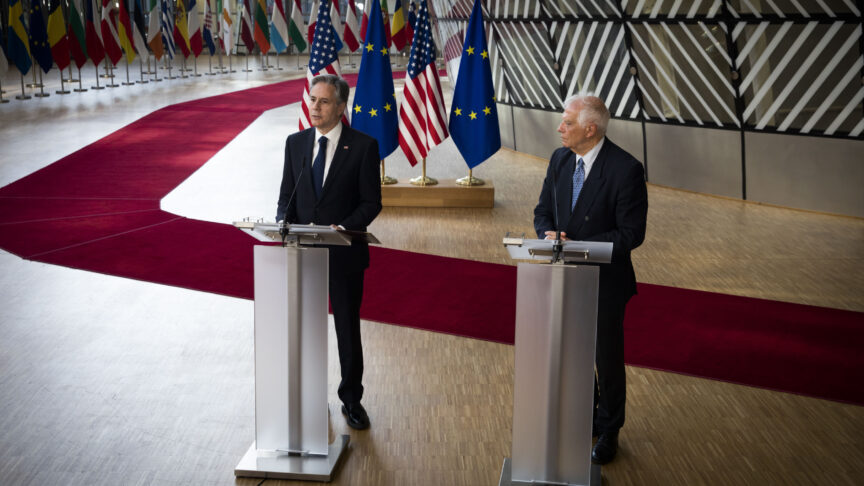
This week, Mark Leonard welcomes Jeremy Shapiro and Jana Puglierin to discuss EU-US relations
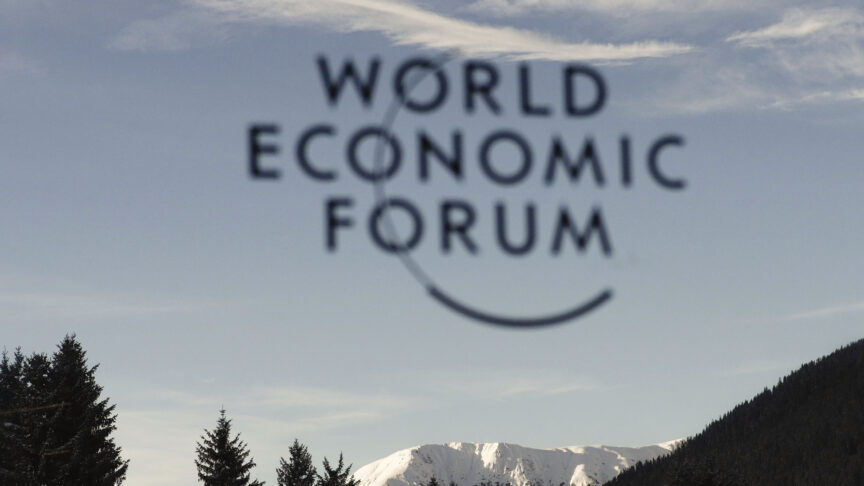
Mark Leonard and Alexander Stubb give us their take on this year’s World Economic Forum
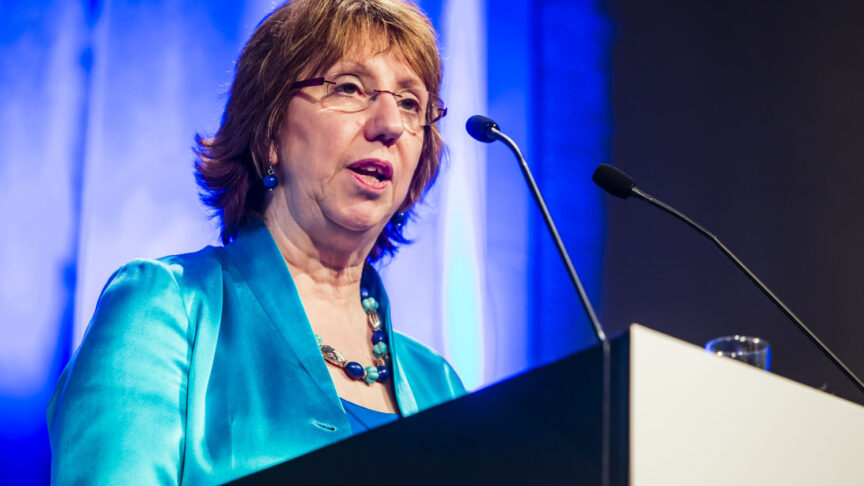
Mark Leonard welcomes Catherine Ashton to talk about her new book “And Then What? Inside Stories of 21st Century Diplomacy”
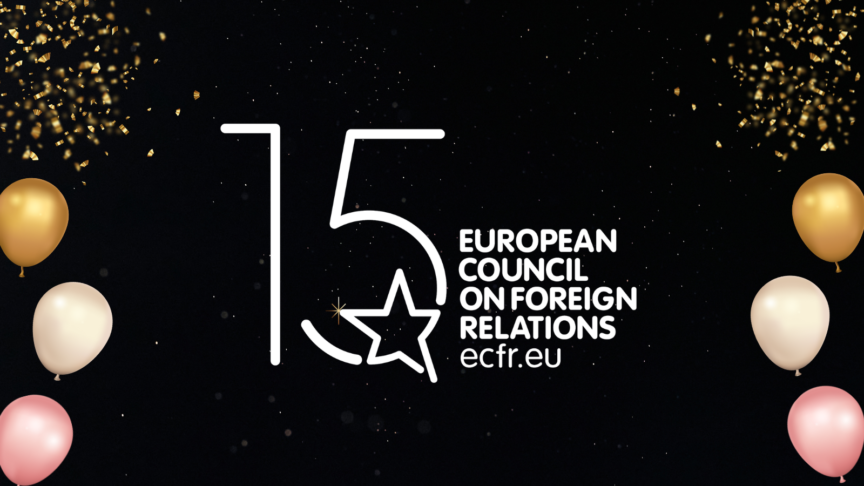
We turned 15! Time to reflect on the past years and ECFR’s role in helping Europe find a strong, united voice
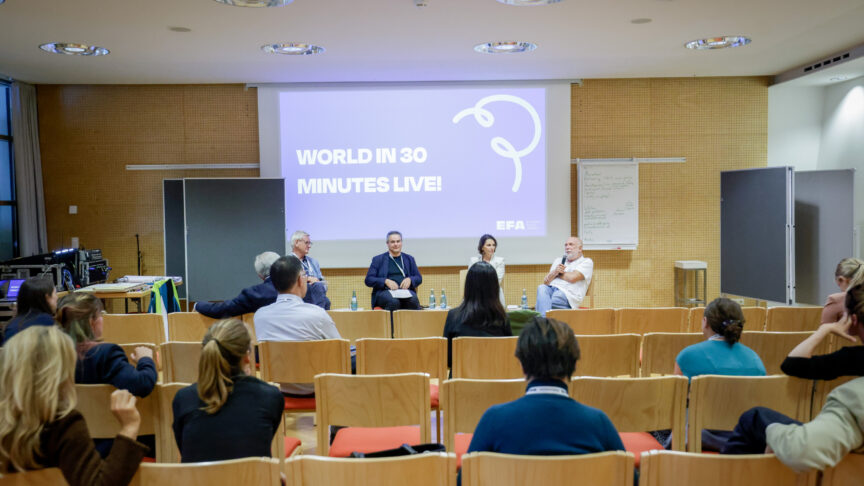
Mark Leonard, Carl Bildt, Karoline Edtstadler, and Thomas Wieser discuss the future of globalisation and the role of a geopolitical Europe in front of a live audience
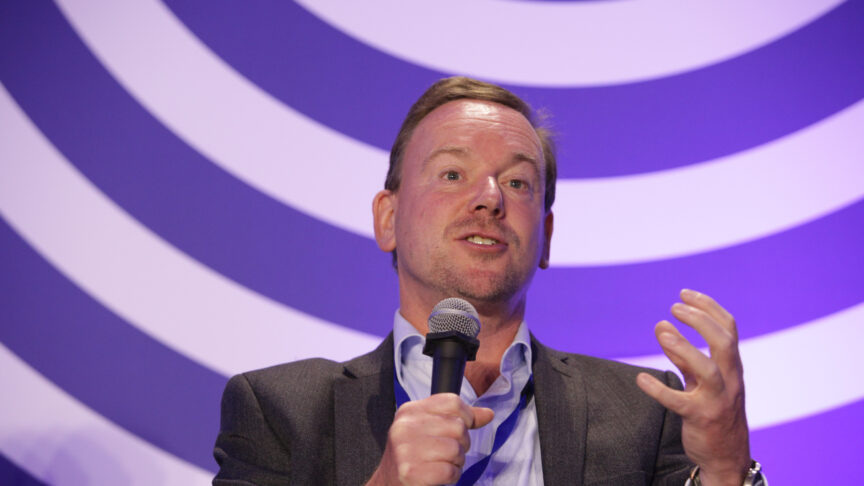
Geoff Mulgan and Mark Leonard discuss how to restore political imagination and harness creativity to solve current and future problems
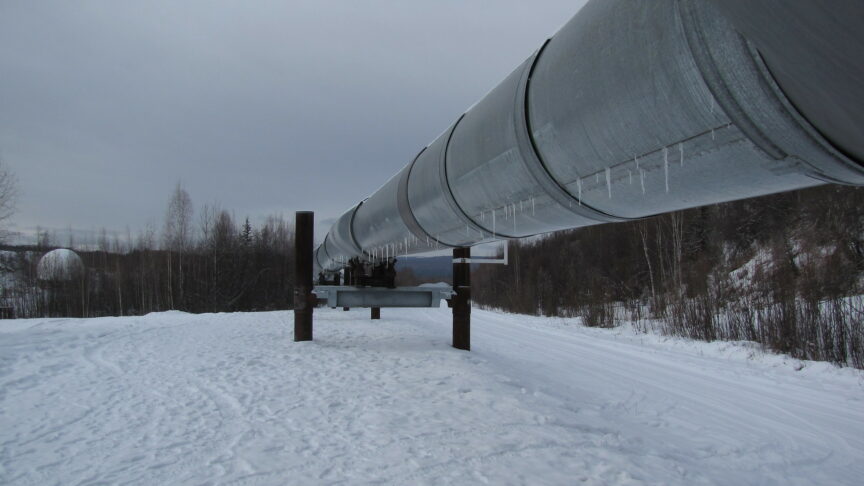
Can Europe remain true to its climate agenda despite Russia’s war in Ukraine?
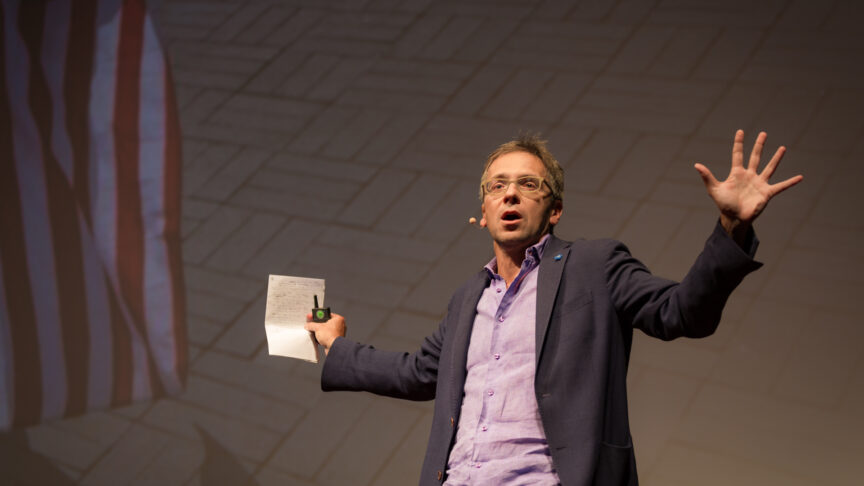
Ian Bremmer joins the podcast to discuss the concept of a “goldilocks” crisis, the effects of the covid-19 pandemic, and Europe’s role in global upheavals

As leaders are about to take pivotal decisions for Ukraine’s fate at the NATO summit, join us for a discussion about pathways and policy options for…

As France discovers the new making of its national assembly, this webinar will analyse the election results and reflect on their impact on a geopolitical…

Russia’s war against Ukraine has shown how much the Europeans are still dependent on the US to ensure their security, despite all the talk of…

This webinar will provide a snapshot analysis of election results and their implications for Europe’s foreign policy and security agenda. Featuring perspectives from selected ECFR…

The global energy transition has become a battleground for competing interests, with Africa emerging as a pivotal arena. International players vie for access to Africa’s…

Amid a volatile geopolitical environment, ECFR’s recent public opinion poll ahead of the European elections shows that a geopolitical case for Europe resonates with voters,…

The economic shock after COVID-19 plunged many African economies into debt trouble. Yet, four years later, the current system for restructuring debts – the G20 Common…

Sudan is facing an unprecedented humanitarian catastrophe. Ethnic killing plagues Darfur once again, millions have been displaced, and now a famine is looming. The fighting…
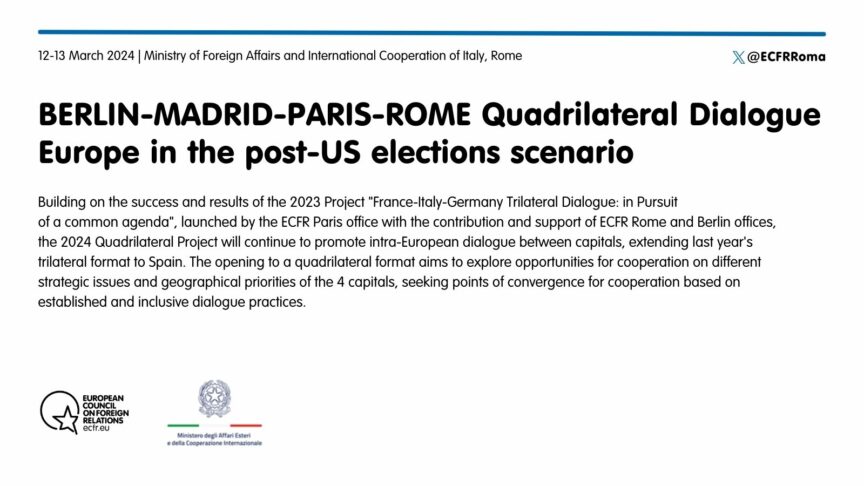
Building on the success and results of the 2023 Project “France-Italy-Germany Trilateral Dialogue: in Pursuit of a common agenda”, the 2024 Quadrilateral Project will continue to promote intra-European dialogue between capitals, extending last year’s trilateral format to Spain
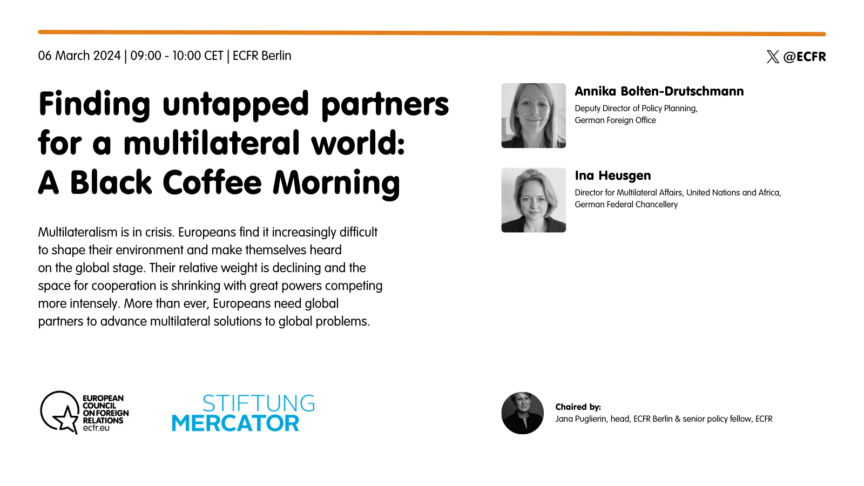
Multilateralism is in crisis. Europeans find it increasingly difficult to shape their environment and make themselves heard on the global stage. Their relative weight is…